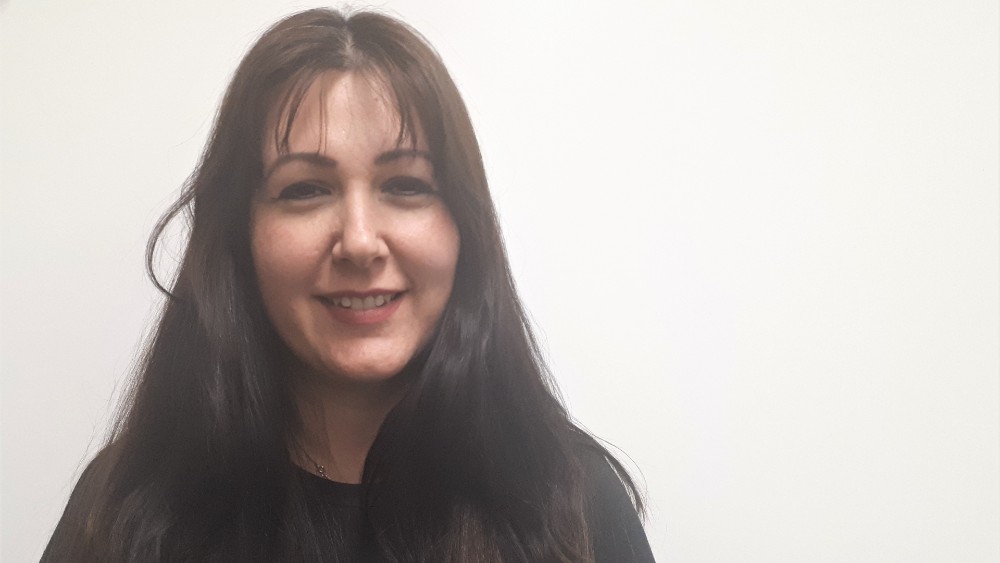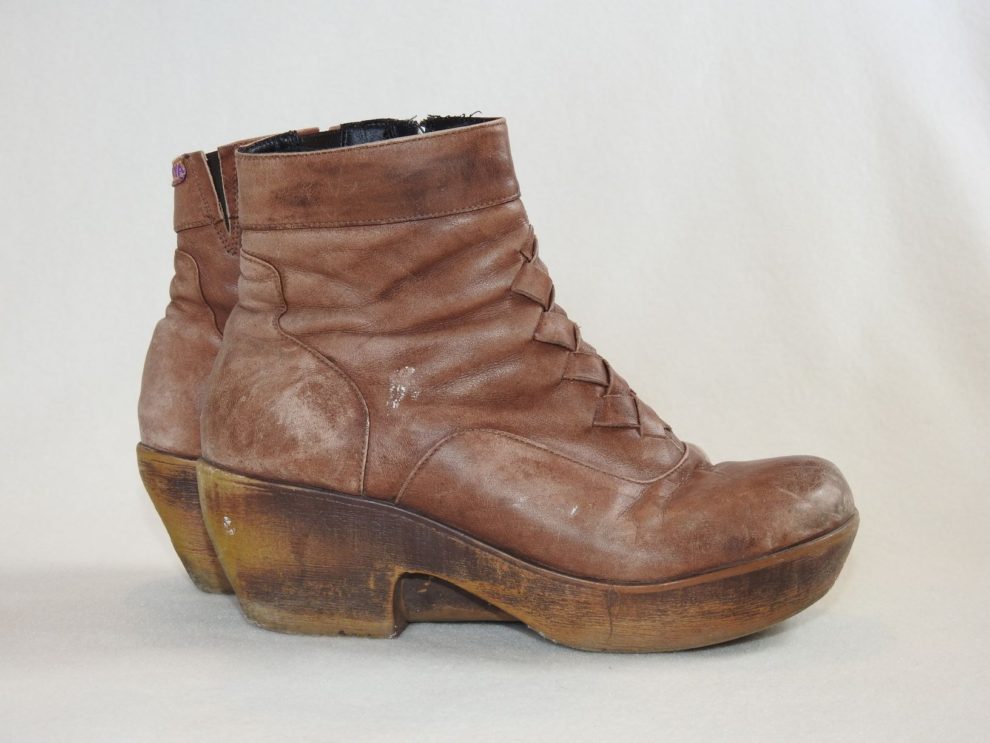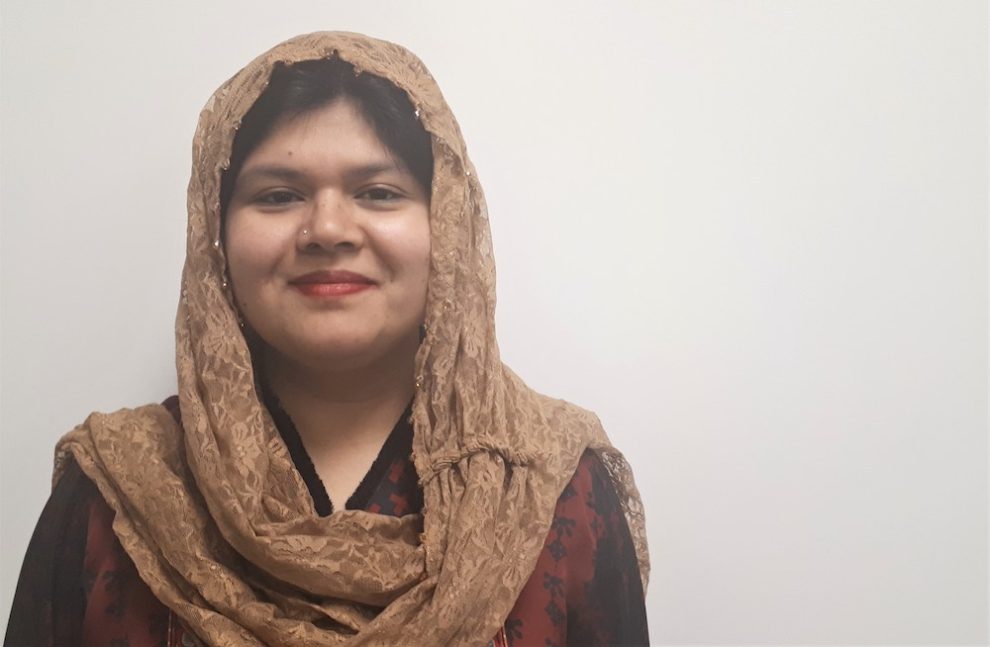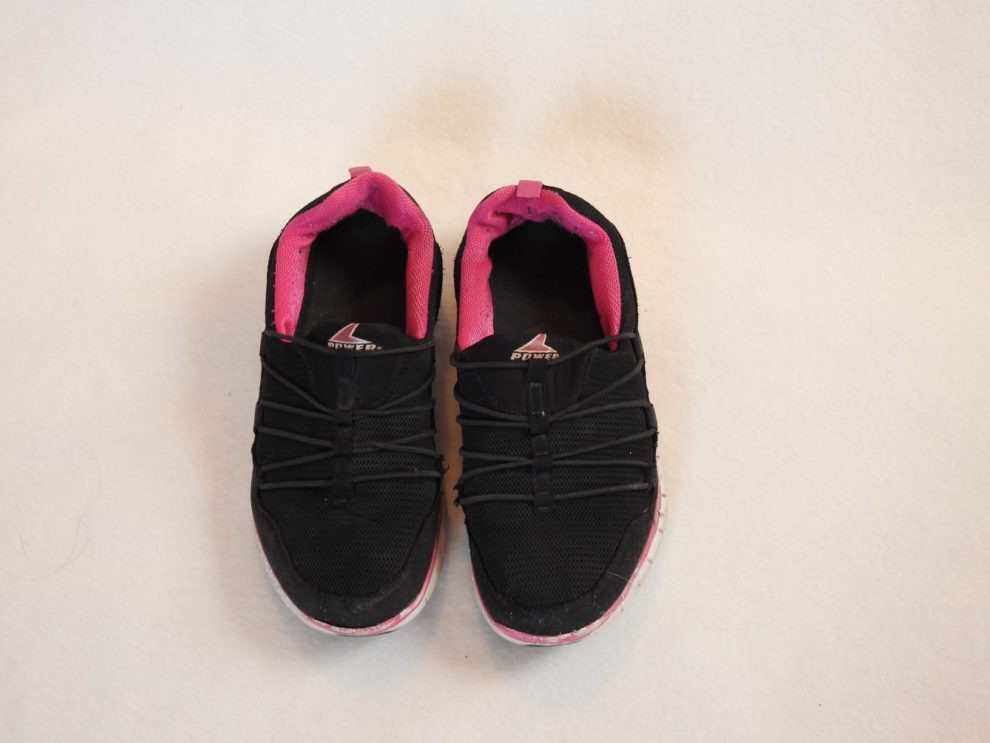How the shoe fits: Halifax immigrants share their stories
The Shoe Project gives immigrant women a platform this International Women's Day

caption
Yasmin Lash immigrated to Canada from Israel in 2018. Lash will tell her story at The Shoe Project event in Halifax at the Peggy Corkum Music Room on Sunday.As the plane landed, Yasmin Lash thought of her great-grandmother leaving Circassia as a refugee more than 100 years earlier. Unlike her great-grandmother, Lash made her journey by choice.
“We did it for the kids, for the future — just to get away from an environment that I felt was full of fear and hatred,” says Lash.
It was not easy to leave behind family, friends, a successful career in occupational therapy and a close-knit Muslim Circassian society. Wearing her sturdy, brown leather boots, Lash stepped off the plane with her husband and four children, arriving in Canada from Israel.
Two years later, Lash is telling her immigration story for the first time, woven with the story of her Circassian ancestors and told through The Shoe Project.
“Most Canadian-born people didn’t even know how hard it is to immigrate,” says Lash. “This makes it more real and makes immigrant women more approachable, gives them more body, I guess. Their stories come to life.”

caption
Yasmin Lash wore these brown leather boots on her flight from Israel to Canada.The Shoe Project is a Canadian initiative that gives writing coaching, performance training and a platform to immigrant and refugee women who want to tell their stories. They use a pair of shoes to frame the story.
“I think the more people would know immigrants the more they would feel better about it,” says Lash. “Because it usually involves so much fear.”
On Sunday, International Women’s Day, Lash will tell her story with 11 other immigrant and refugee women. Similar performances will happen in Vancouver, Calgary and Toronto.
“The courage of those women is so inspiring,” says Lash.
Anam Tariq Kidwai will also share her story — through her shoes — for the first time on Sunday. For Kidwai, it was a pair of comfortable, black, slip-on sneakers that came with her from Pakistan to Canada. Now the shoes wait for Kidwai’s mother, who borrows them on her visits.

caption
Anam Tariq Kidwai immigrated to Canada from Pakistan in 2015. Kidwai will tell her story at The Shoe Project event in Halifax on Sunday.Kidwai says it is important for people of different nationalities and cultures living in Canada to share their stories.
“There are preconceived notions about societies, about people, from media,” she says. “All these feelings can turn into biases and hatred if you don’t connect and understand those people who are here and why they are here.”

caption
Anam Tariq Kidwai bought and wore these black sneakers for her flight from Pakistan to Canada.Kidwai immigrated to Canada in 2015 as a federal skilled worker. In Pakistan she studied engineering and worked at a multinational telecommunications firm. She is currently a stay-at-home mother raising two daughters.
“When I came here it was a very sudden shift. I got married, I got pregnant right away and I was staying at home. I was in a new country, new environment, new traditions and everything,” she says.
Kidwai says she found a support system in the neighbours who live in her building.
“We are taught, you cannot sleep if your neighbour is hungry … You need to be aware of your neighbour’s condition, be aware of his needs and do whatever you can if he or she has any problem,” she says. “I realized that people here have somewhat similar values.”
Both Kidwai and Lash found The Shoe Project through Facebook and say it has inspired them to write down more of their personal experiences. While Kidwai documents her children’s milestones, Lash is writing stories in English for her children that feature Circassian mythology.
The Halifax Shoe Project performance is Sunday at 7:30 p.m. at the Peggy Corkum Music Room.
About the author
Wilson Henry
Wilson Henry is a writer and amateur comics artist based in Halifax. Their interests include visual art, horses and podcasting.
